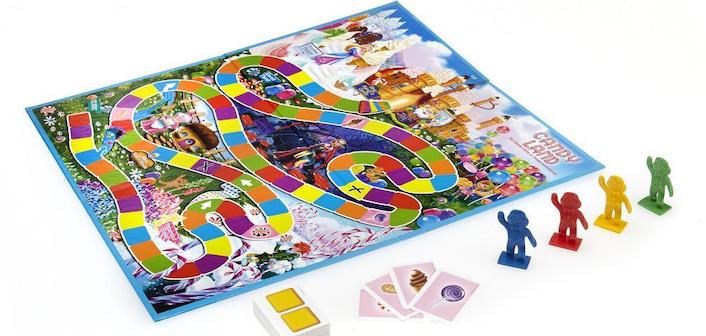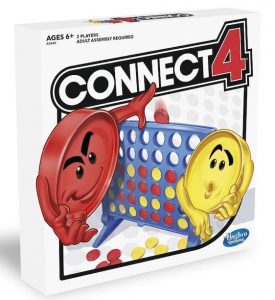My family absolutely loves board games. Whenever my father comes back from business trips we immediately plan a game night. We gather at the dining table, play some jazz music, and spend hours on end playing games such as monopoly, charades and UNO. Board games give us a chance to enjoy quality time together away from our screens.
Why should you encourage your children to play board games?
Board games entertain people and bring them together through a cooperative and competitive game. Many popular games such as monopoly and scrabble do not only entertain but also provide children with educational benefits.
Board games help children develop essential skills such as problem-solving, by presenting various obstacles, pushing players to find solutions to problems that arise. Children are encouraged to assess which solutions will effectively help them win a game and implement them. Their brains will retain and build cognitive associations, allowing complex thoughts and memory formation. Furthermore, keeping your mind engaged will enable you to exercise it and make it stronger. These games also improve focus and patience. Sitting down for over an hour to play a board game requires concentration and commitment to play to the end.
Candy Land (Ages:3+)

This game is an all-time favorite, and 2-4 people can play at a time. Players are required to follow a rainbow path; the goal is to be the first to reach King Kandy’s castle. Players will encounter certain obstacles, such as cards that send you backwards.
This game encourages players to exercise patience, identify and match colors, tests motor skills and the ability to follow rules and directions.
Hasbro Connect 4 (Ages: 6+)

The goal of this 2-player game is to stack four discs together in any direction (vertical, horizontal, and diagonal). As long as a player gets four-in-a-row, they win. However, players should also attempt to block their opponent’s discs to prevent them from winning.
The game teaches fundamental problem solving and provides a chance to detect patterns. Furthermore, the game encourages players to plan and predict the outcome of certain moves, teaching them to prepare and stay one step ahead.
HedBanz Family Quick Question Guessing Board Game (Ages: 7+)

Hedbanz is a fun and simple family guessing game. Players can ask “yes” or “no” answer questions to figure out what category (food, animal, object) their cartoon falls in and what it explicitly illustrates. 2-6 players can play, and the headbands can adjust to different head sizes.
This game teaches your children how to use reasoning and problem-solving skills to deduce what their cartoon illustrates. It also teaches them to ask clever questions and listen carefully to clues given.
Monopoly (Ages: 8+)

During this game, all players roll two dices to move around the board. Players can buy and trade properties, allowing them to collect rent from opponents. Money gained can also be used to further develop real estate properties with houses and hotels. The ultimate goal is to earn money and purchase real estate in order to drive your opponents to bankruptcy.
This game teaches your children financial basics. To understand modern-day virtual transactions, your child must have a basic understanding of exchanging cash. It also encourages them to do quick math when paying rent and purchasing real estate, causing them to keep track of their income. Finally, the game illustrates real-world issues, such as economic inequality.
KEEP READING: Behind the Scenes: The Asideu Family Share Their Favorite Documentary Films
Photos: Taobao




